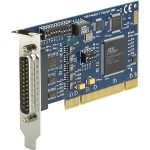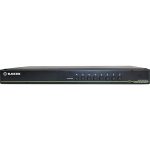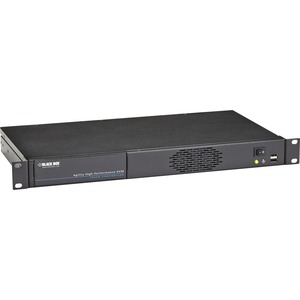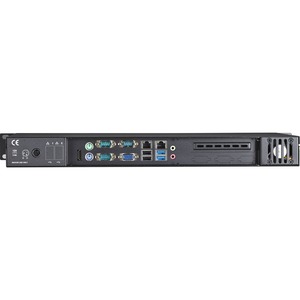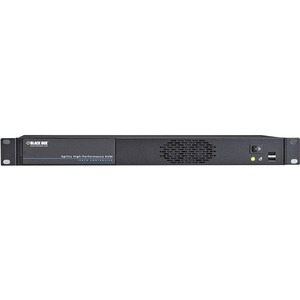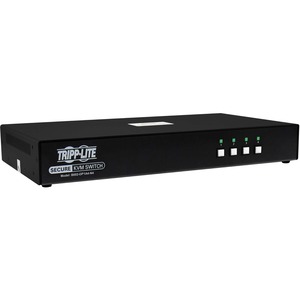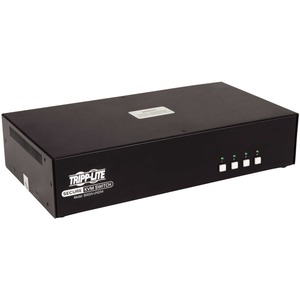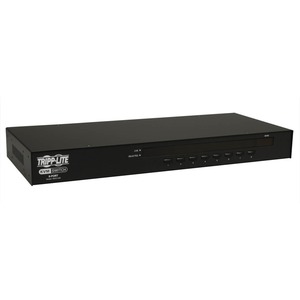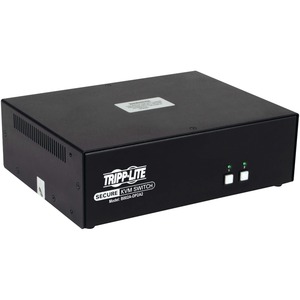Description
Black Box Agility KVM-Over-IP Matrix iPATH Controller – 192-Endpoints – 2 x Network (RJ-45) – 6 x USB – 1 x HDMI1 x VGA – TAA Compliant
The Agility IP-Based KVM Switching and Extension system incorporates a management system to scale from a point-to-point extension and switching system to a digital KVM matrix system that works over a local area network (LAN). The iPATH management system controls transmitters, receivers, users, passwords, and access rights over a single IP network.
The Agility system uses standard Ethernet protocol to operate. Since Agility operates over a LAN, it does not need to support encryption; no outside access is granted. The network should support IGMP snooping, which reduces unwanted traffic that would slow down the network.
The channel is a virtual transmitter
In most cases, video, audio, and USB streams will originate from a single transmitter. However, with a management controller, you can arrange for the video and USB streams to come from one source, and audio to stream from another source. You could also have two channels coming from a host computer with different access rights.
Setting up groups.
In order to accommodate potentially large numbers of users and devices, iPATH uses a system of groups: User Groups, Receiver Groups, and Channel Groups. Groups enable the system administrators to apply collective settings to all members, and for those members to benefit from settings and permissions in other groups where appropriate. This benefit saves administrators time.
Active Directory
To streamline administration further, iPATH supports Active Directory. By synchronizing with an LDAP/Acitve Directory server, users details (including usernames, passwords, and group memberships) can be securely synchronized from existing databases. This minimized initial configurations and streamlines ongoing updates.
Administration Rights The admin is able to add, edit, and remove users, passwords, and access rights via the Agility controller unit. The admin can designate a hotkey sequence that users use a login. Once the user is logged in, they are able to see the target computers that are available to them. The admin can see who is actively logged into the system, and also force a user to switch to a computer port.

